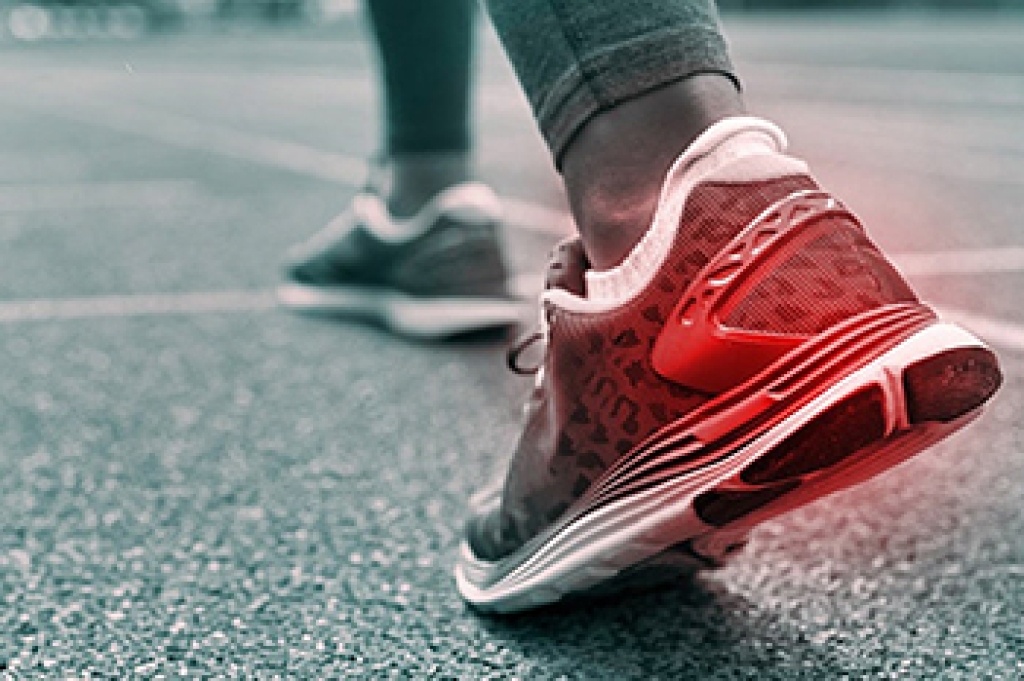
Wearing the right shoes can make a world of difference while running. There are various styles of running shoes that can confuse even the most seasoned athlete, and it is crucial to know which pair is correct for you. Running shoes are divided into several categories, and the pair that provides the most support are referred to as motion control shoes. This type of shoe has maximum arch support in addition to a high heel drop, which may help overpronation. Another type of shoe is called a stability shoe, and these may be appropriate for runners who have less overpronation. Runners who have no overpronation may feel more comfortable while wearing neutral shoes. These are considered to be lighter in weight, and the majority of the cushioning is found in the heel. People who enjoy running barefoot may choose to wear minimalist shoes, and these provide little or no support. Additionally, road running shoes are designed for those people who like to run on hard surfaces, while running on different types of terrain may call for trail running shoes. If you would like more information about what type of running shoes should be purchased, please consult with a podiatrist who can guide you in the right direction.
If you are a runner, wearing the right running shoe is essential. For more information, contact Jeffrey Rosenblatt, DPM from New York. Our doctor can provide the care you need to keep you pain-free and on your feet.
Choosing the Right Running Shoe for Your Foot Type
To increase performance and avoid the risk of injury, it is important to choose the right running shoe based on your foot type. The general design of running shoes revolves around pronation, which is how the ankle rolls from outside to inside when the foot strikes the ground.
- Neutral runners are able to choose from a wide variety of shoes, including minimalist shoes or even going barefoot.
- Runners who overpronate, or experience an over-abundance of ankle rolling, should choose shoes that provide extra motion control and stability.
- Runners who underpronate, or supinate, have feet that have high arches and lack flexibility, preventing shock absorption. They require shoes with more flexibility and cushion.
If you have any questions, please feel free to contact our office located in Brooklyn, NY . We offer the newest diagnostic and treatment technologies for all your foot care needs.
